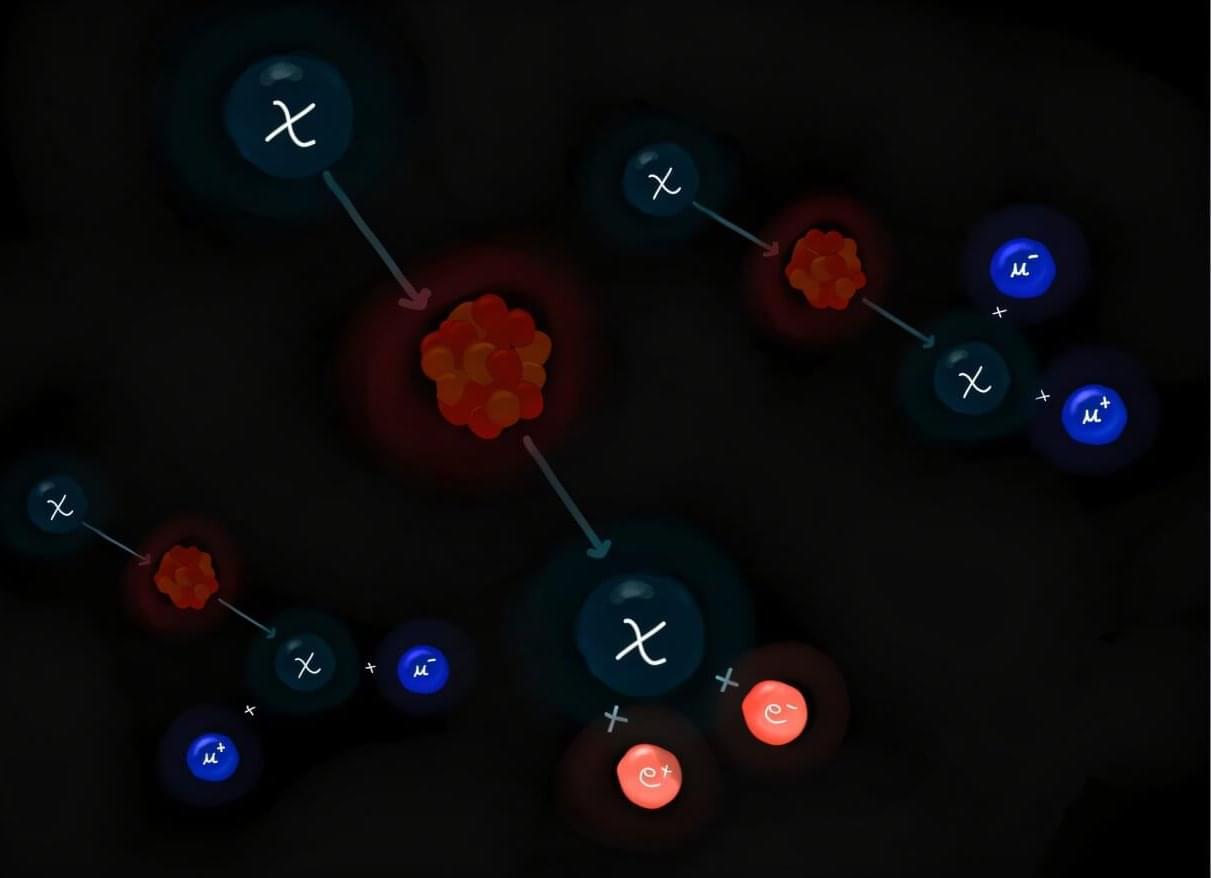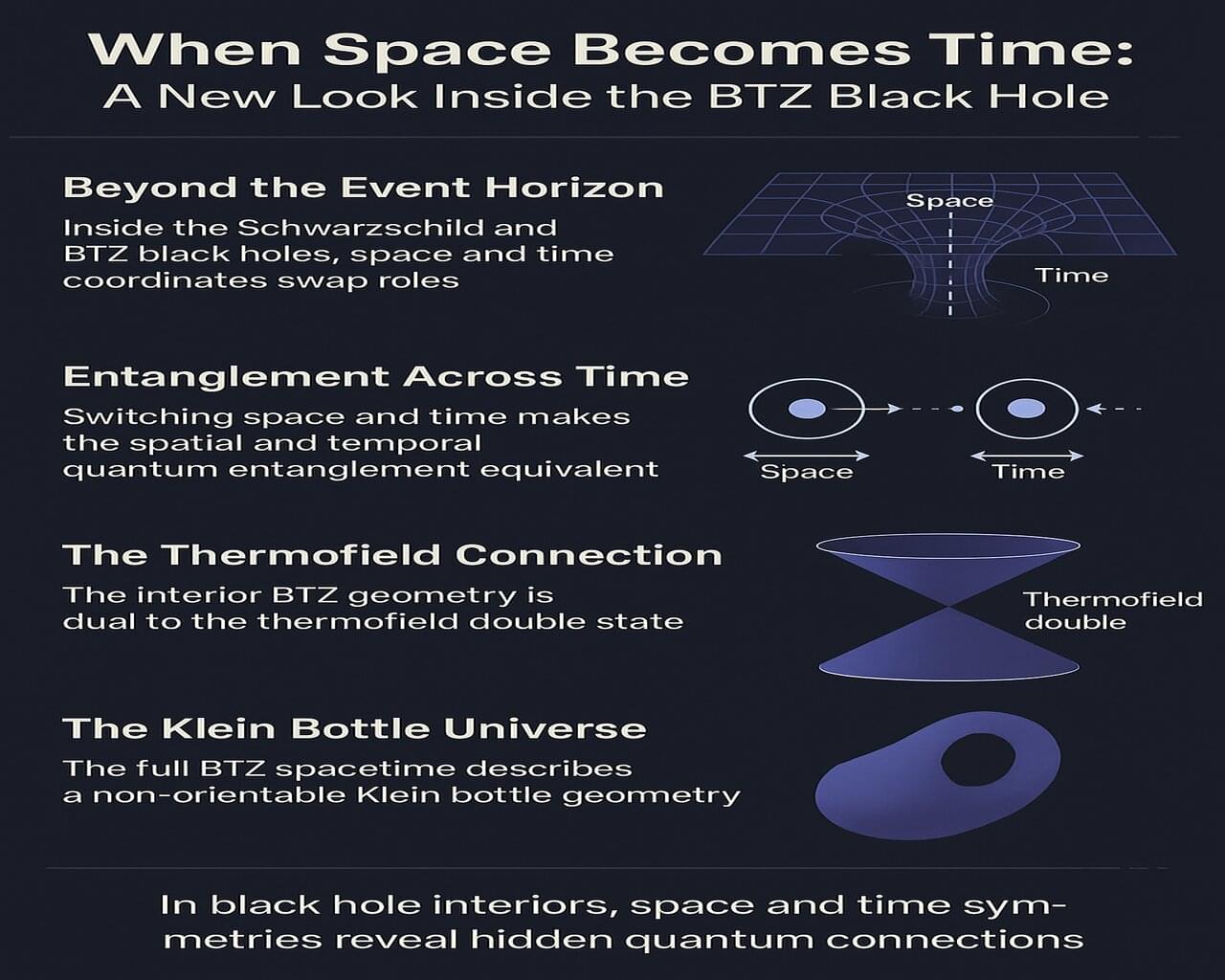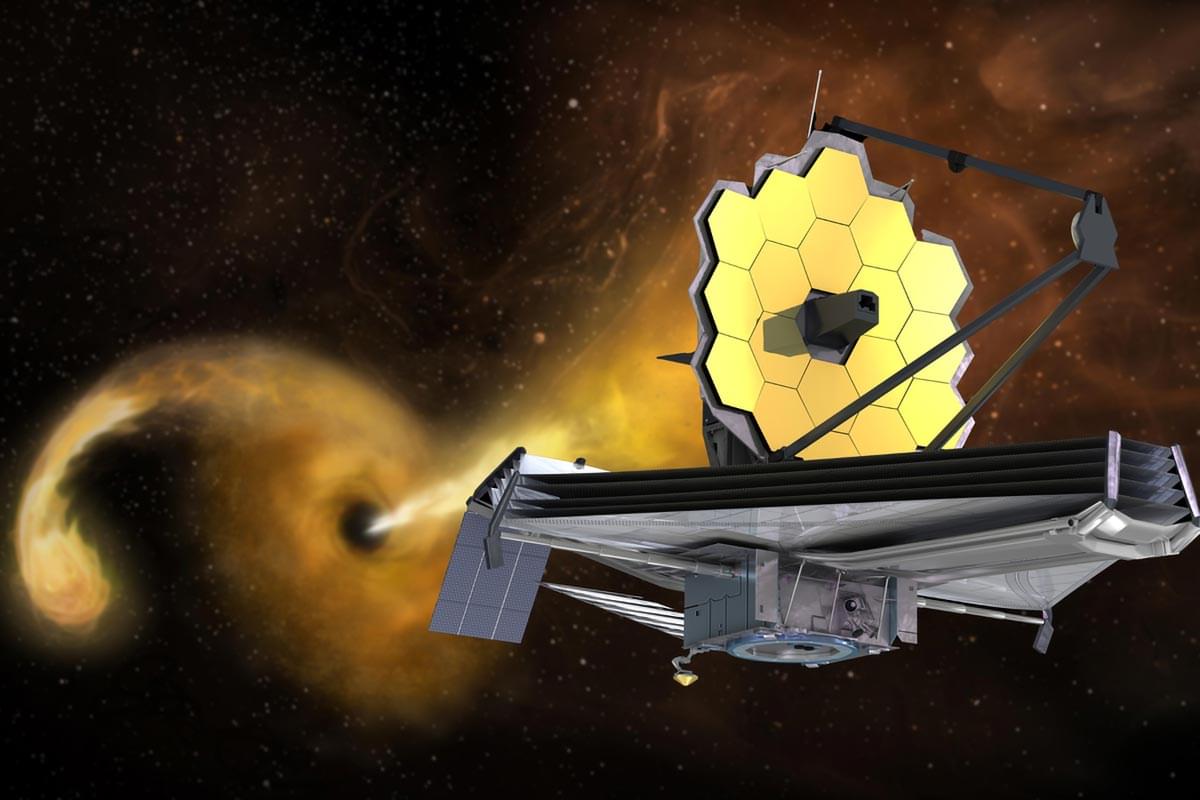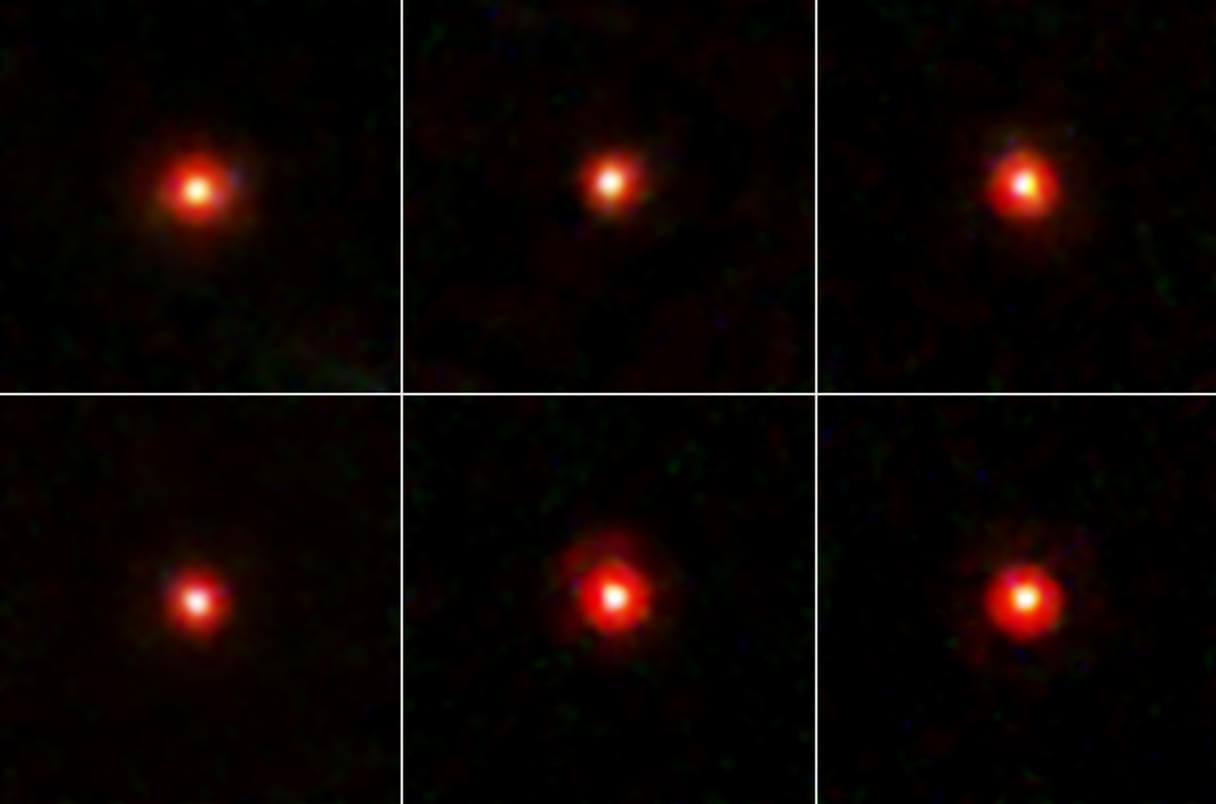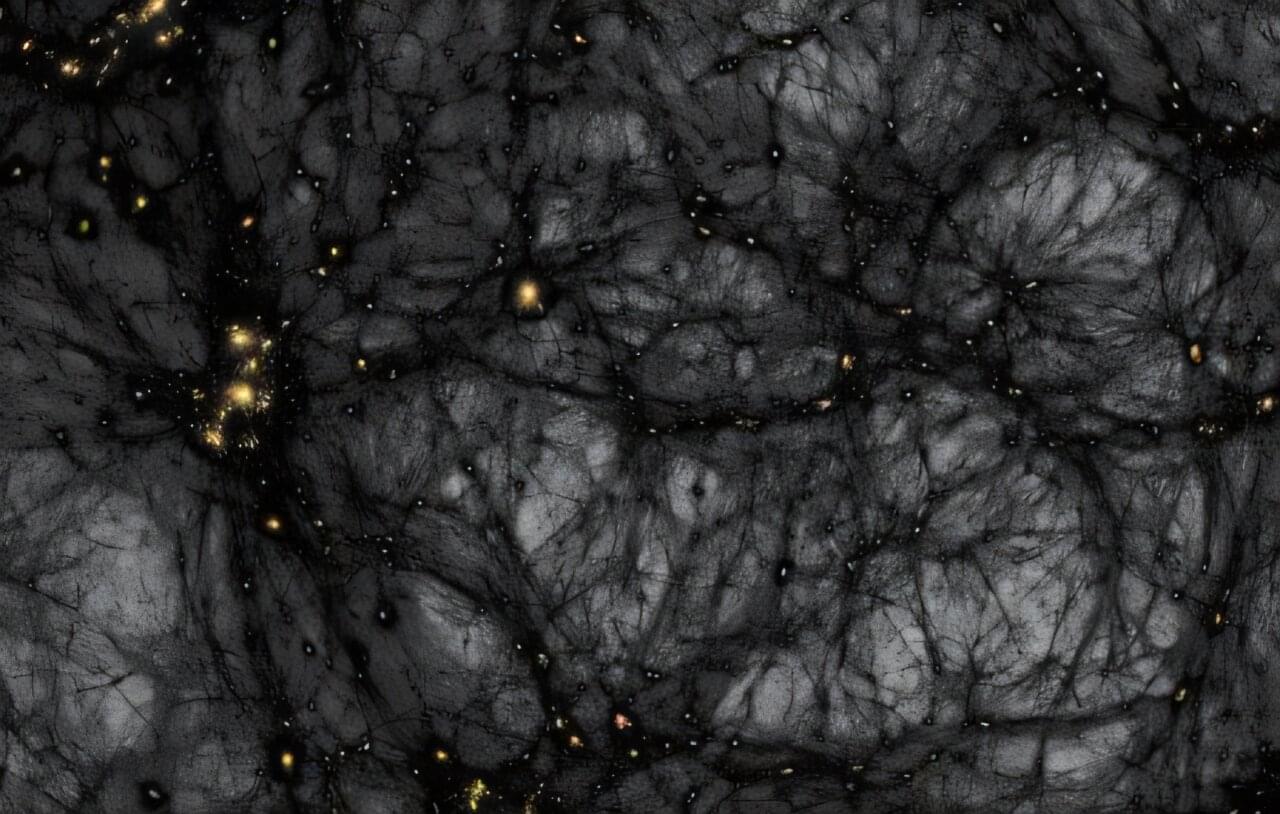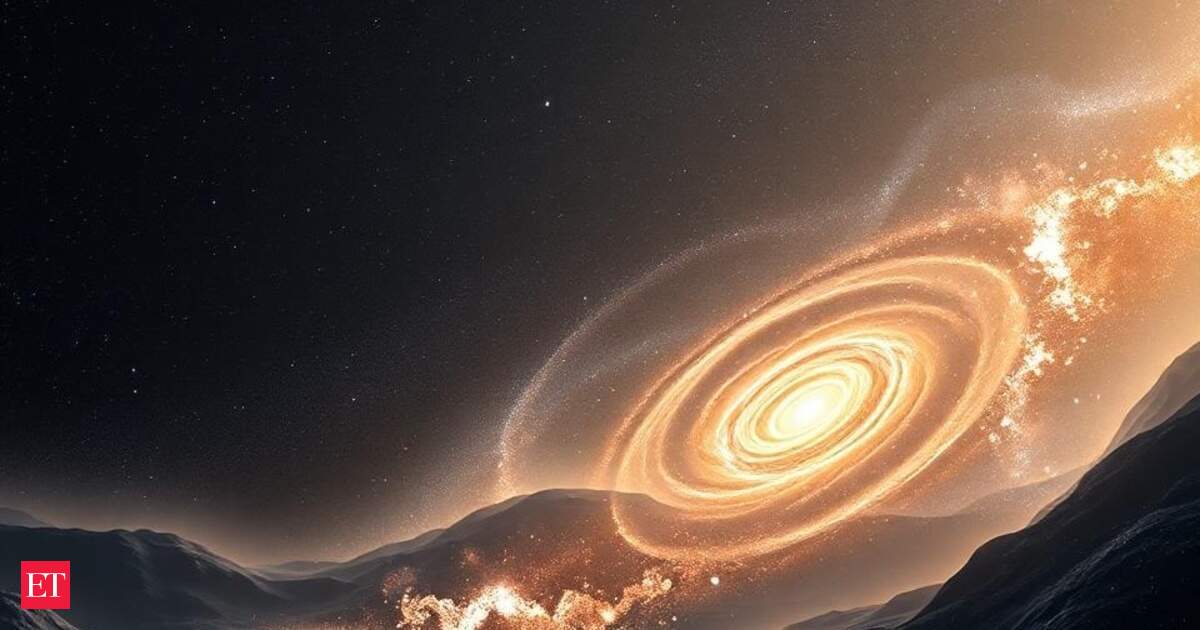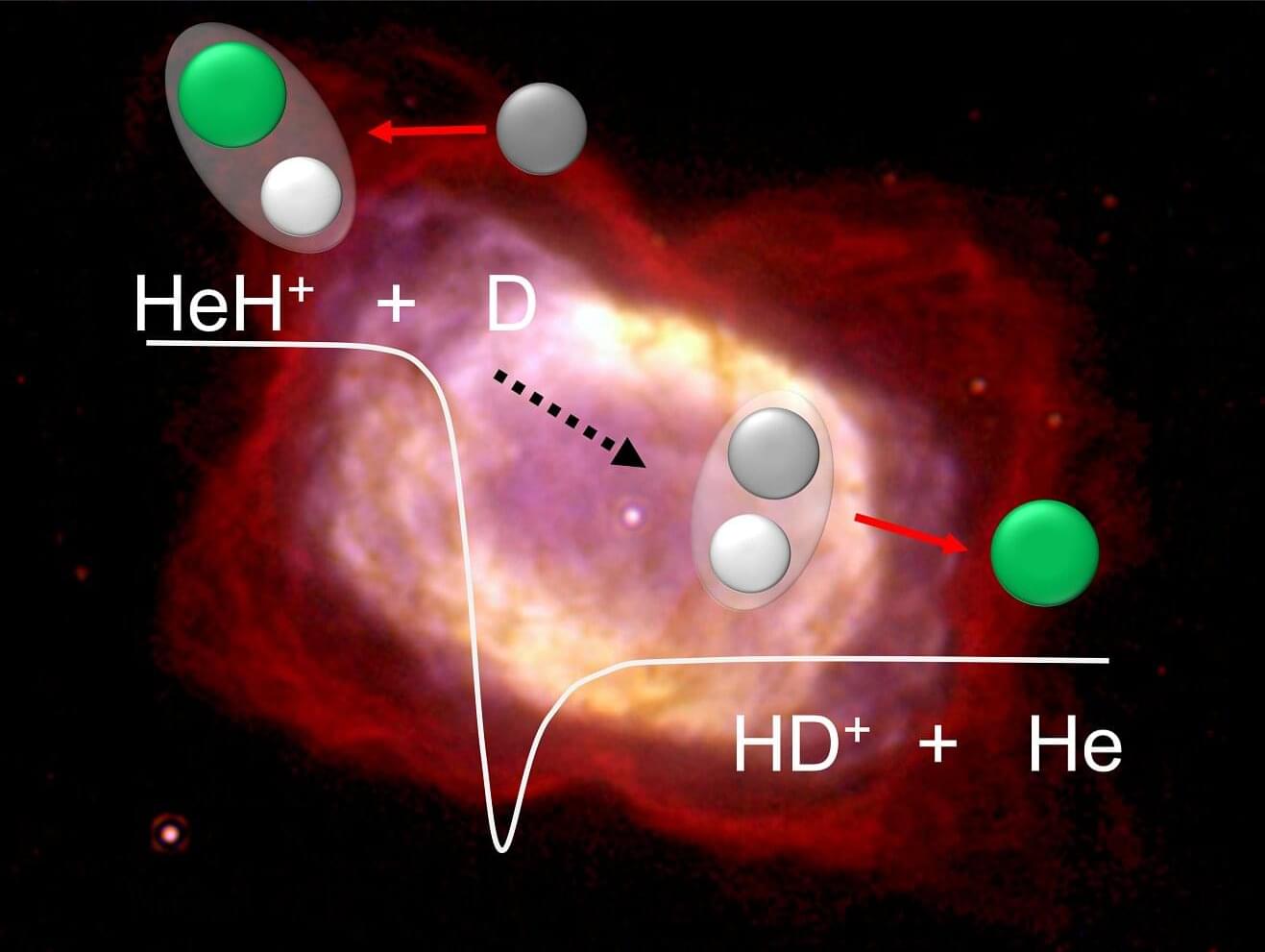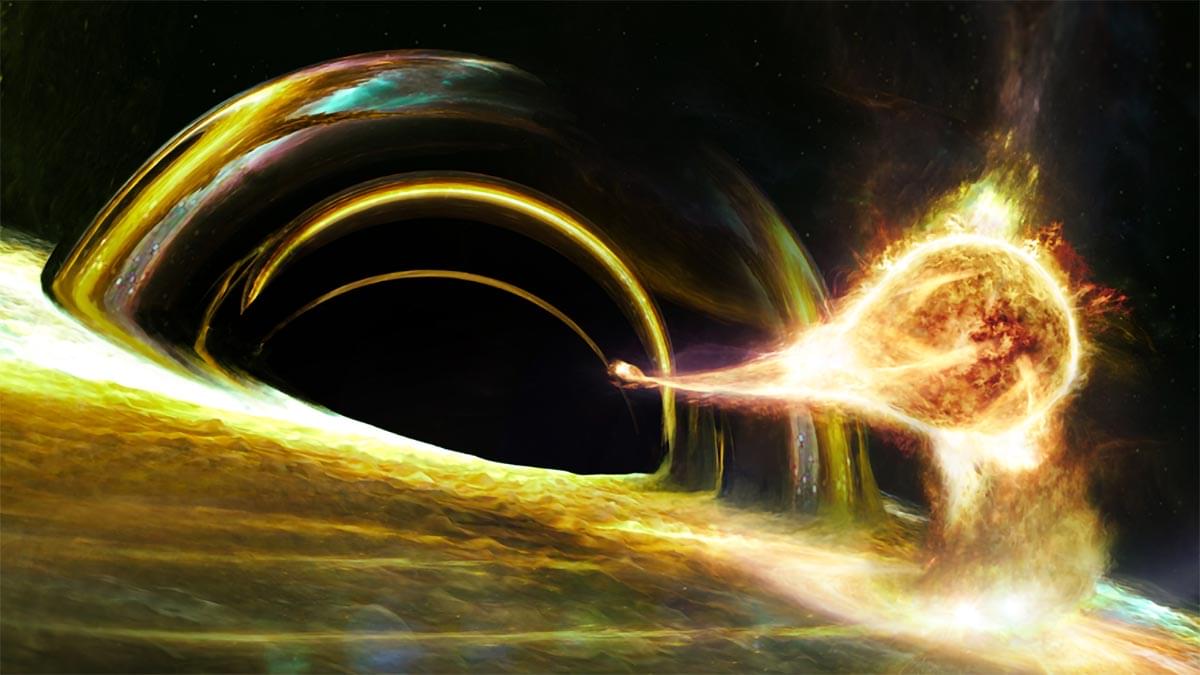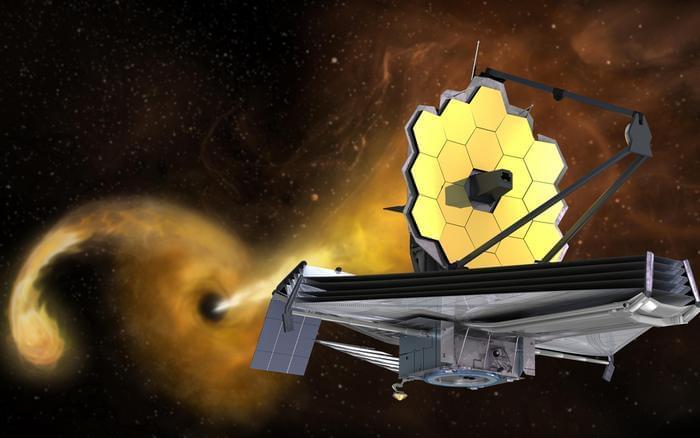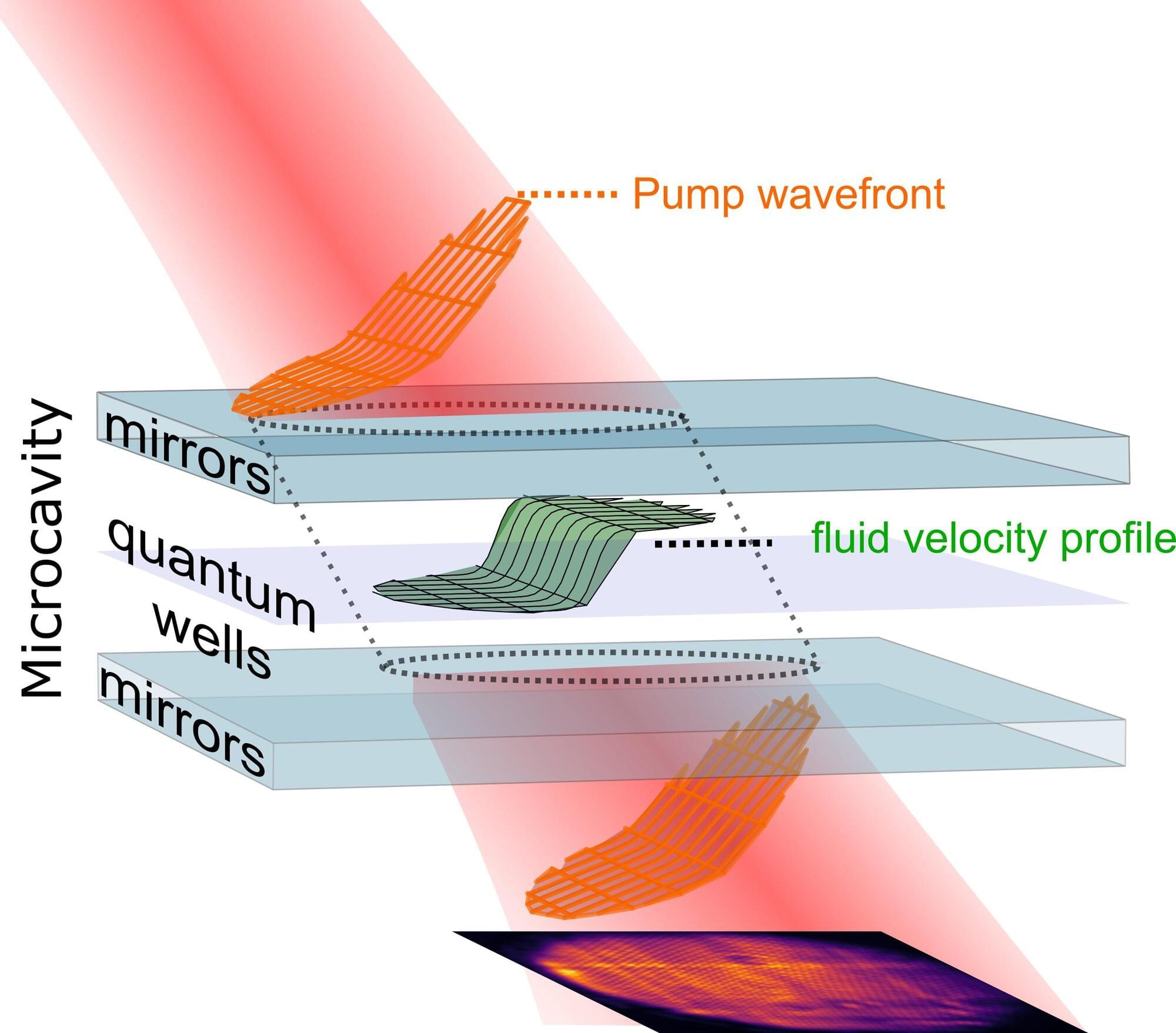Dark matter (DM) is a type of matter estimated to account for 80% of the universe’s total mass, but it cannot be directly detected using conventional experimental techniques. As DM does not emit, reflect or absorb light, most previous dark matter searches were aimed at observing either its weak interactions with ordinary matter using highly sensitive detectors or other signatures linked to its presence or decay.
Researchers at Texas A&M University recently introduced a new approach that could enable the direct detection of this elusive type of matter, leveraging a process known as the DM internal pair production. Their proposed strategy, outlined in a paper published in Physical Review Letters, could open new possibilities for future DM searches focusing on a wide range of candidate particles.
“The particle nature of DM can be revealed when a DM particle scatters off a nucleus and produces a visible recoil signal,” the authors told Phys.org. “However, for light DM, transferring sufficient energy to a heavy nucleus is kinematically challenging, even if the DM is energetic. To overcome this limitation, we developed a framework where additional particles are produced in the final state, allowing the DM’s energy to be shared among them, while the nucleus remains largely at rest.”
